Ivan Sozonov, former All England champion and Russian doubles specialist, has quietly become one of the most influential figures in Indian badminton. Based in Guwahati for the past two years and recently extending his stay for another two, Sozonov has been instrumental in shaping India’s junior doubles players. His work has already borne fruit: India secured a maiden mixed team bronze at the World Juniors, and two pairs have reached the quarterfinals, just one win away from medals.
Known for his soft-spoken demeanor off the court and iron-fisted coaching on it, Sozonov combines tactical wisdom with technical expertise. His approach blends the European methodical ethos with India’s naturally fast-paced and aggressive playing style. Under his guidance, players like Bhavya Chhabra-Vishakha Toppo and Bhargav Ram-Viswa Tej Gobburu have recorded upset victories, showcasing improved shot selection, tactical discipline, and mental resilience.
Despite being an outsider, Sozonov has adapted remarkably well to Indian culture and badminton. He has developed a nuanced understanding of the players’ mindset, even joking about his secret knowledge of Hindi: “I understand Hindi… I can’t speak it, but I know what players discuss… But don’t tell them this,” he whispers, illustrating his playful rapport with the athletes.
Transforming India’s Doubles Game
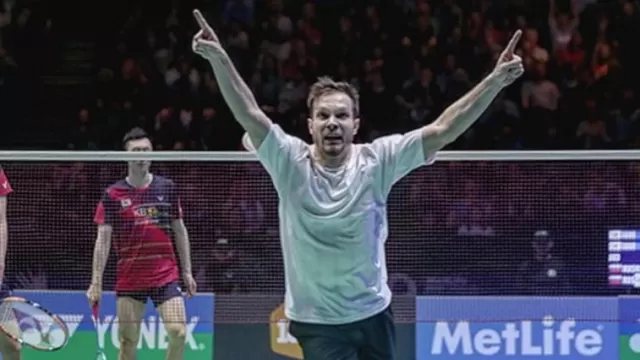
Indian doubles badminton has historically been rich in skill but often lacked tactical cunning. Sozonov’s primary role has been to bridge this gap. He focuses on teaching players intelligent shot selection, decision-making under pressure, and the subtle art of varying pace and positioning. His methods emphasize both strategic understanding and adaptability on the court.
For instance, during the recent tournament, Sozonov guided Bhargav-Viswa to vary the pace and avoid flat, fast shots, resulting in a thrilling 13-15, 15-9, 15-13 victory over the Taiwanese pair Chen-Chu. Similarly, his work with Bhavya-Vishakha aims to break India’s historical medal drought in mixed doubles at Junior Worlds, showing that thoughtful coaching can turn potential into performance.
Sozonov believes in practical, situation-based training rather than rigid practice routines. “Sometimes, it’s not necessary to practice together the whole time to perform in one match. An aggressive mentality is more important,” he explains, highlighting his emphasis on mental readiness and tactical thinking.
Blending European Tactics with Indian Flair
Sozonov brings the best of European training ethos to India’s already talented players. He teaches decision-making, when to play safe, when to attack, and how to balance aggression with caution. He also integrates off-court lessons: table etiquette, meal discipline, social conduct, and observation of other sports like football, ice hockey, and basketball to instill a broader understanding of strategy and team dynamics.
His methods reflect his belief that tactical discipline is learned through experience and guided practice. “I let them play their best game, but we focus in practice sessions on the weak tactical part,” he says, explaining how structured intervention can refine instinctive talent. Even seemingly small interventions, like pairing players strategically or splitting training partners, are deliberate moves to sharpen competitive skills.
Achievements and Impact
Under Sozonov’s mentorship, India has seen measurable success in junior doubles. The mixed team bronze at the World Juniors marked a first for the country, and the advancement of two pairs to the last eight at a major event reflects his ability to translate expertise into results. Players have shown improvement in temperament, tactical awareness, and execution under pressure.
His coaching style emphasizes holistic growth. Beyond techniques and strategies, he nurtures resilience, confidence, and mental focus, preparing juniors to transition smoothly from national to international stages. By instilling European tactical acumen into India’s naturally fast and powerful gameplay, Sozonov has elevated the competitive standard of Indian doubles teams.
Player Relations and Mentorship
Sozonov is respected not just for his technical guidance but also for his mentorship and rapport with players. He encourages them to respect seniors and higher-ranked opponents off the court, yet remain assertive during play. This balance helps players cultivate professionalism without losing their competitive edge.
He also promotes adaptability in partnerships, teaching players that strong results can come even without long-term personal bonds. By emphasizing attitude and focus over emotional familiarity, Sozonov prepares his athletes for flexible team formations, a crucial skill in doubles competition.
Life in India and Cultural Adaptation
Having visited India as a player multiple times, Sozonov has come to admire the country’s growth in badminton. He appreciates local cultures, enjoys exploring cuisine judiciously—favoring butter chicken and biryani—and actively observes how Indian players train and compete. His extended stay in Guwahati has allowed him to integrate into local systems while maintaining a disciplined European approach to coaching.
Despite being a foreign coach, he has a keen understanding of Indian players’ psychology and communication styles, often anticipating needs or issues on court. This cultural insight, combined with his technical expertise, has made him an indispensable asset to India’s doubles program.
Future Vision and Goals
Sozonov aims to further refine India’s doubles talent and guide players toward success at senior international levels. He believes that with strategic training, tactical discipline, and mental conditioning, Indian juniors can achieve unprecedented results in both mixed and men’s doubles.
His approach blends rigorous coaching, psychological insight, and tactical education. As he continues his tenure in India, Sozonov envisions creating a generation of players who are technically sound, tactically intelligent, and mentally resilient, capable of competing and winning at the highest global levels.
Secrets Behind His Success
Though soft-spoken, Sozonov’s methods are precise and impactful. He often uses examples from books, movies, and other sports to teach concepts creatively. His quiet mastery of Hindi allows him to understand players’ in-court discussions, giving him an edge in communication and strategy — a playful secret he keeps from his trainees.
From tactical interventions to off-court mentorship, Sozonov’s holistic coaching philosophy embodies the “velvet glove with iron fist” approach he is famous for. It’s this unique blend of knowledge, experience, and cultural adaptation that has made him one of the most effective doubles coaches in India today.
Also Read: Faustino Oro: 12-Year-Old “Messi of Chess” Targets Record


Disclaimer
Possible11 is a sports news and analysis platform designed purely for entertainment and educational purposes. All match previews, player insights, and team analyses are based on publicly available information and expert opinions. We do not promote or support betting, gambling, or real-money gaming in any form. Users are encouraged to enjoy our content responsibly and use it for informational purposes only.

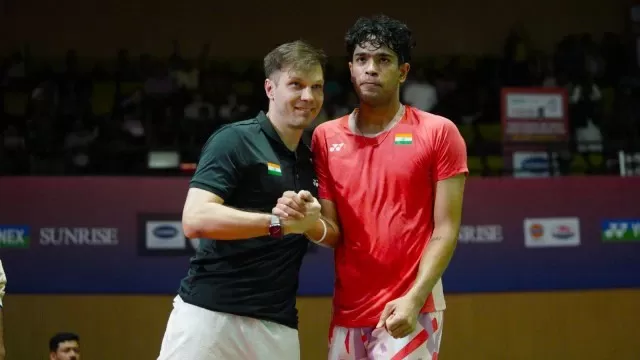
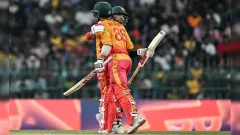
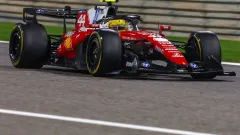
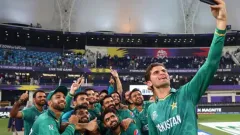
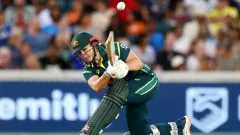
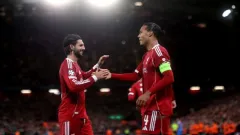
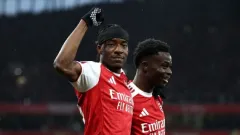
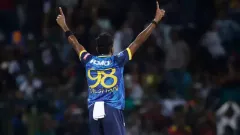
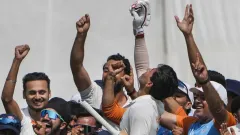
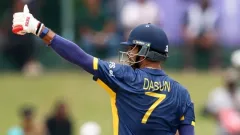
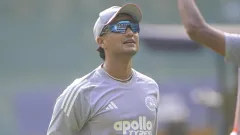
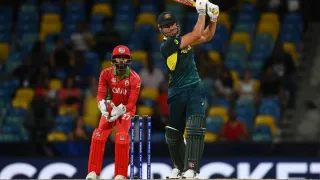
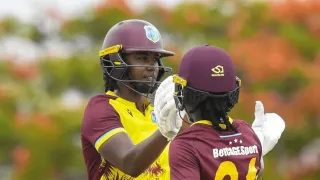
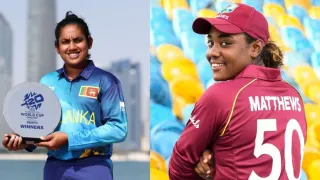
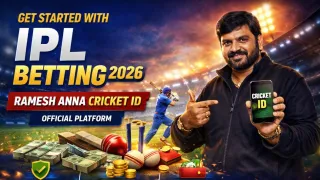
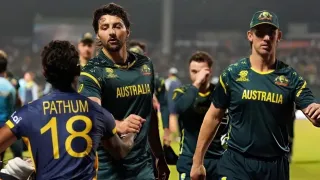
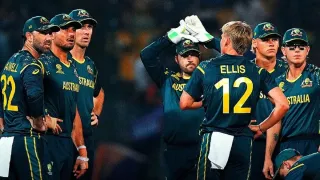
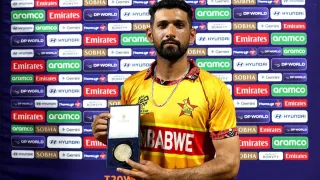
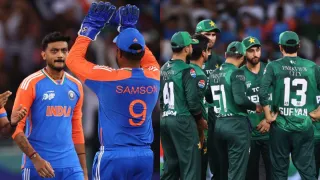
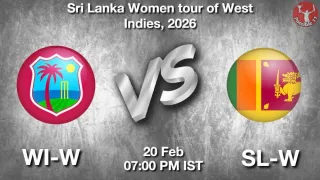
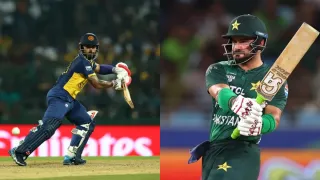
Give Your Feedback